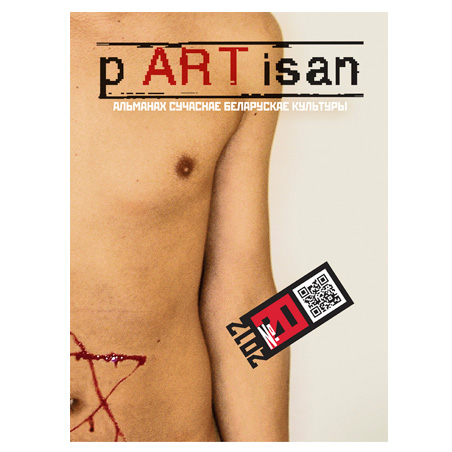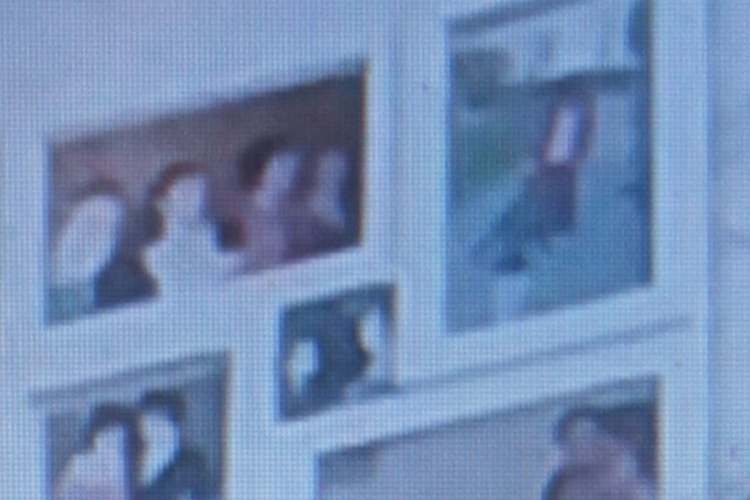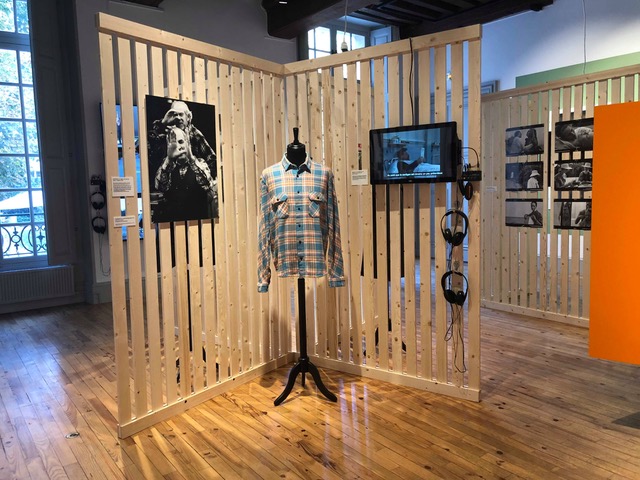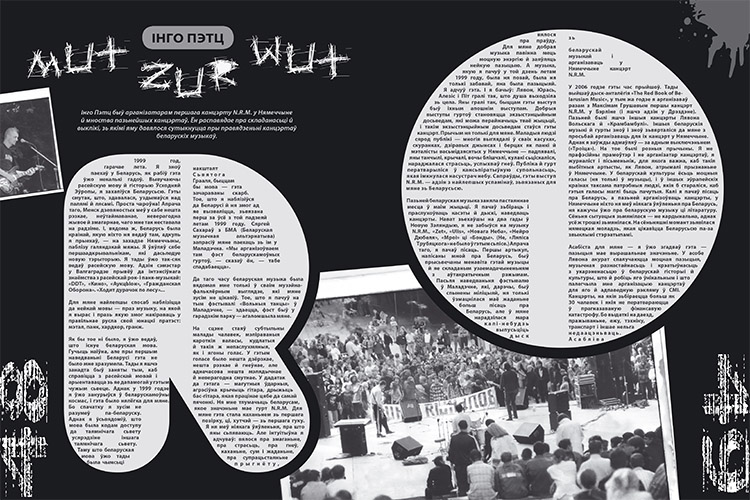

‘For ‘pARTisan’ to remain a partisan, its strategy needs to be changed radically. Maybe it has to fight, not only for itself or for its place in Belarus, but also to focus all its efforts on the fight against the commonplace in the world in order to save culture as a unique creative discourse. It also has to stand against actual art which is being transformed into a stream of mass culture’. © Valancin Akudović
Special issue ‘pARTisan’ covers to the anniversary of the almanac, which in 2012 was 10 years old.
What happened during that time with partisanka and its view on the modern Belarusian culture? Which way partisanka passed and where it will go next?
In 2002, the first issue of ‘pARTisan’ was opened with the discussion ‘Made in Belarus’ among Valancin Akudović, Ales Ancipienka, Juras Barysiević, Michaił Barazna, Artur Klinau, who talked about the relevance of the modern Belarusian art, its strategies, and formulated a philosophy of partisanka . After 10 years in the pages of the anniversary issue Valancin Akudović, Volha Hapiejeva, Artur Klinau, Andrej Kudzinienka, Siarhiej Śabochin, Volha Śparaha discuss again these questions, and the answers are often unexpected and contradictory thoughts expressed in 2002 (discussion ‘Made in Belarus’: the end of partisanka movement?’).
Valancin Akudović in an interview notes global changes in circumstances of contemporary art struggle and therefore the need to change partisanka strategy. Volha Śparaha begins a dialogue with article by Volha Kapionkina ‘Logic of nomas’ (‘pARTisan’ # 1’2002), and analyzes the way, which was contemporary Belarusian art passede in the decade: from ‘doesn’t pass bear any clear expression, refute or endorse nothing’ to ‘to reveal Belarusian not open and fully understanding reality, both external and personal’ (Volha Śparaha, ‘The Political as private: the modern Belarusian art in ten years’).
CONTENT:
About Homiel Palace Complex Project says Volha Rybćynskaja, Siarhiej Dubaviec shares his sense of life in a stopped-time, Kastus Ćarniec describes a virtual ‘partisan’, Taciana Arcimović found a theatre for the future on the Krakow Theatrical Reminiscences 2012, Adam Hłobus recalls sculptor Kastus Saroka.
And also:
interviews with Ukrainian writer Yuri Andrukhovych, with Belarusian photographers Halina Maskalova and Uładzimir Śachlević, and − excerpts from the new novel by Artur Klinau ‘Śkłatara’!






